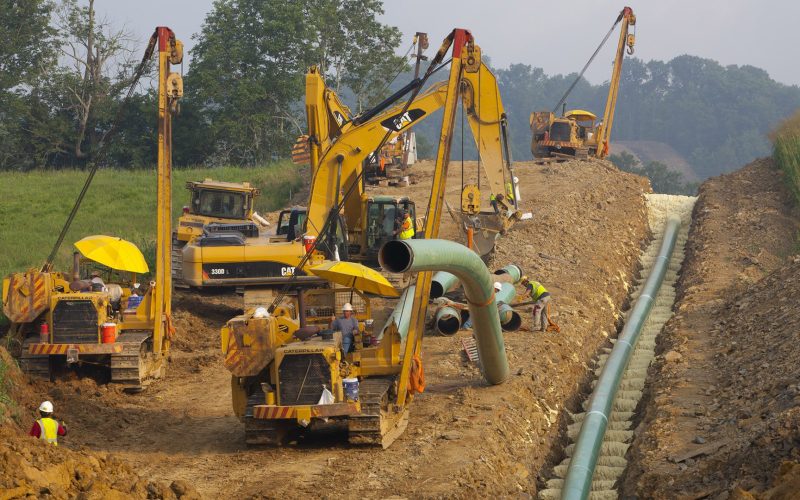THE VOICE FOR THE ENERGY CONSUMER

Brent Greenfield, CEA’s Senior Policy Director discusses how offshore energy development in Alabama will help grow the state’s economy and opportunities for job creation. Aside from making fuel more available,.

Speaking at the latest in a series of public hearings on offshore energy exploration, CEA’s Kevin Doyle examined the economic benefits to families and national security implications of producing more.

CEA Mid-Continent Executive Link Browder recently talked about the positive impact expansion of energy leasing would have for the state of Louisiana. That’s why we should advocate for, not against,.

CEA’s Keven Doyle recently discussed how new technologies have allowed energy production in the United States to produce more energy, more safely while also promoting environmental conservation. Fortunately, through a.
WASHINGTON, D.C. — February 22, 2018 — Consumer Energy Alliance (CEA), a national advocate for energy consumers, the National Association of Manufacturers and other national organizations today voiced support for.

As we’ve detailed (for example here, here, and here) many New England policy makers have placed politics above sound policy and the scientific requirements necessary to maintain reliable electric power.

With coastal communities evaluating the benefits of offshore energy exploration, CEA’s Tim Page participated in the public meeting hosted by the Brunswick County Commissioners to discuss the the impact on.

With expanded offshore energy exploration proposed by the Trump Administration, CEA’s David Holt was interviewed about what energy consumers are hearing along the Atlantic. “This last election we’ve seen a.

CEA Midwest Executive Director Chris Ventura discusses how North Dakota needs to continue investing in infrastructure in order to meet future demand from consumers. Helms says the state’s existing oil.

ANCHORAGE — February 21, 2018 — Consumer Energy Alliance (CEA), a national advocate for energy consumers, and various Alaskan organizations joined together today to show support for the U.S. Department.